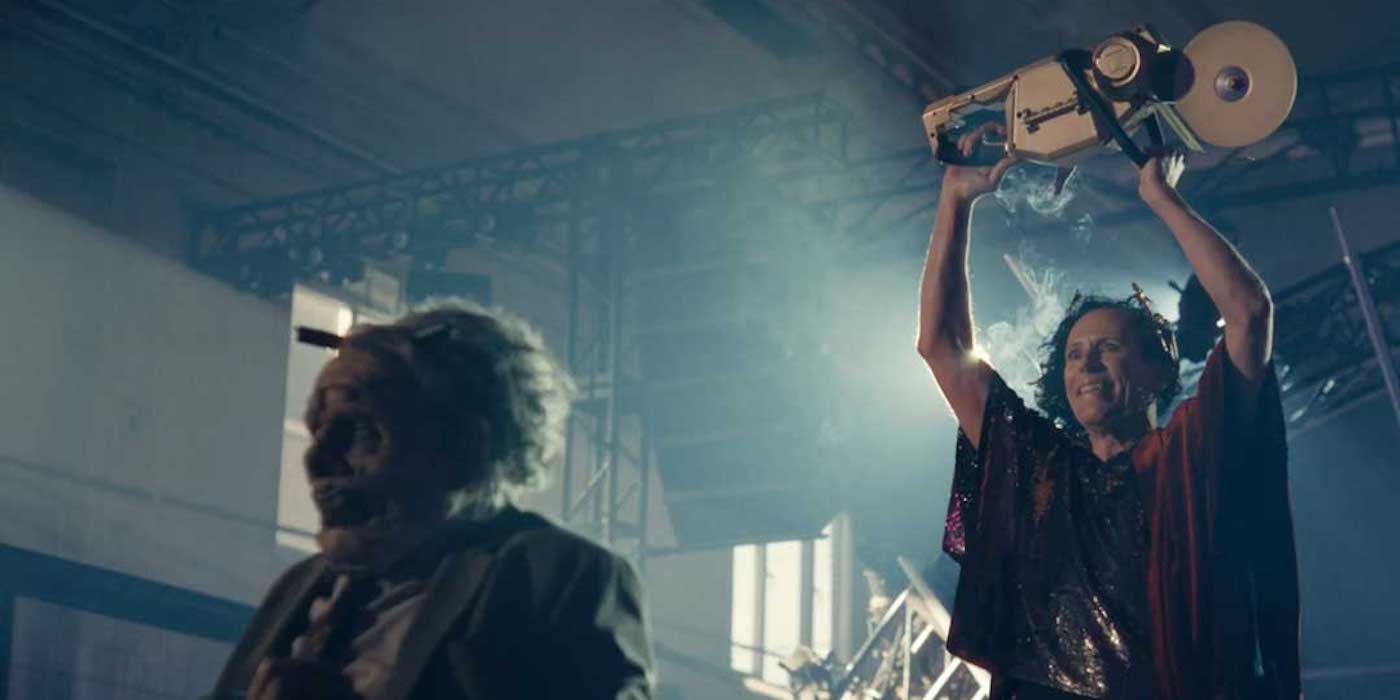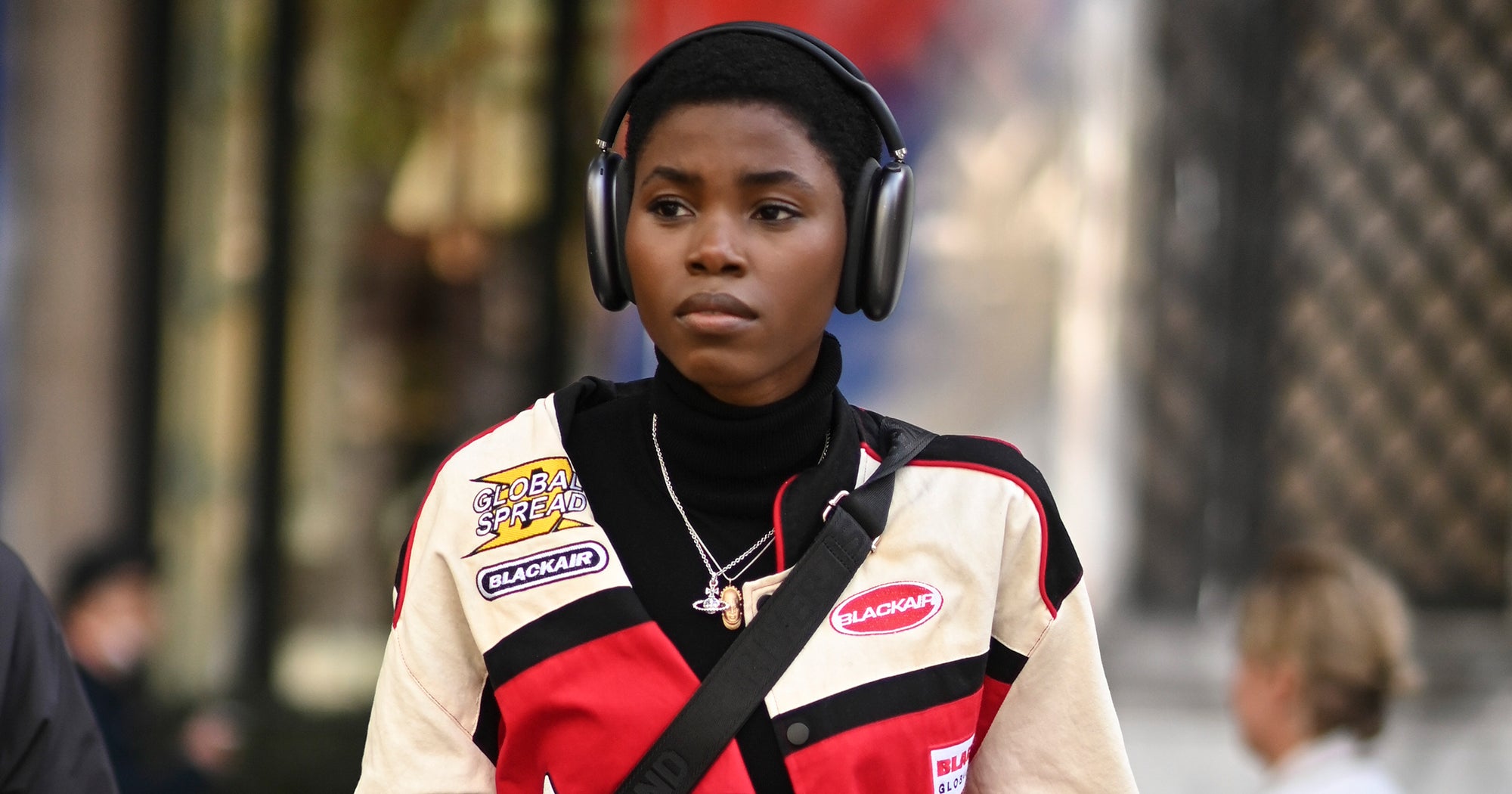The Big Picture
-
We Are Zombies
struggles with weak world-building and characterization. - The film doesn’t leave a lasting impression compared to similar genre films.
- Despite committed performances, the lack of emotional depth and humor detracts from the film’s impact.
Based on the comics series The Zombies That Ate the World by Jerry Frissen and illustrator Guy Davis, We Are Zombies is a new horror comedy from the team behind cult favorites Turbo Kid and Summer of ’84. Similar to the eclectic and evocative spirit of those previous films, François Simard, Anouk Whissell, and Yoann-Karl Whissell’s latest nostalgia-heavy genre hybrid is set in a future where humans and the undead cohabitate. There are many ideas crammed into an 80-minute runtime that never really gives any of them the time or focus to flourish. Though it has some laughs that land, effects that occasionally spring to life, and an admirably committed cast, We Are Zombies ultimately fails to leave much of an impression, paling in comparison to other films of its ilk, many of which it clearly emulates.
What Is ‘We Are Zombies’ About?
We Are Zombies is set in a futuristic American city where everyday people and zombies live in relative peace (relative to your standard zombie apocalypse fiction, at least). Zombies are often referred to as “Living Impaired” (the movie throws other not-so-subtle political metaphors at us among the limited exposition early on), and though they aren’t much of a menace (they’re not eating people) they’re still very much a public nuisance, and “zombie-catching” is therefore quite the enterprise.
This is where our three would-be heroes step in: brother Karl (Alexandre Nachi) and sister Maggie (Megan Peta Hill), alongside their friend and fellow slacker Derek (Freddy Mercks) earn quick cash by impersonating workers for Coleman Retirement Services for the Living Impaired. It’s a sketchy practice that’s made sketchier by selling the undead bodies to weirdos like gallery owner Don (Carlo Mestroni), who likes engineering art with such remains. When Stanley (Patrick Abellard) a security operative at corporate-owned Coleman, discovers the trio’s shenanigans, he takes the sibling pair’s sweet grandmother (Clare Coulter) hostage, demanding a large ransom that the trio intends to pay by finding the remains of a dead actress per the request of Don.
‘We Are Zombies’ Is Like a More Uneven ‘Zombieland’
Though there are certainly differences in the narratives, it’s impossible to watch We Are Zombies without thinking of Zombieland. They’re very similar in tone and some visual cues, though without any of the careful, energetic, and shrewd world-building that made Ruben Fleischer‘s 2009 breakout hit, and even its 2019 sequel, such breezy treats right out of the gate. We Are Zombies is an uneven enterprise altogether, but its biggest flaw is its lack of such groundwork. We’re thrown into a futurescape that might be less jarring for fans of the comics; for the rest of us, there’s very little to latch onto or to be immersed in.
To be very clear, the source material’s origin dates back to 2004 (before Zombieland was even in development) and has received much acclaim. It’s still worth mentioning this and other similar works of genre alchemy like the superior Shaun of the Dead, because as was the case with dystopian romance Turbo Kid and teen horror film Summer of ’84 (both better and more fully realized films), We Are Zombies is an enterprise of wall-to-wall nostalgia and reference.
The Actors Give It Their All in ‘We Are Zombies’
Beyond the limitations of the narrative and the setting, We Are Zombies is greatly hindered by weak characterization, primarily in the writing. The central trio of actors are giving this their all, but the script never really tells us anything more than Karl is obsessed with sex, Derek is haplessly in love with Maggie, and Maggie swears a lot. The film’s aforementioned runtime obviously is something of a factor here, but it’s worth noting the script reiterates these points over and over rather than giving us much depth with more varied scenes and interactions.
The blood-soaked finale that puts the zombie movie through a comedic lens should be a pretty thrilling and even joyous affair, but without an emotional hook, the mayhem of act three here doesn’t raise the pulse or elicit any real laughs. The scrappy spirit, lo-fi, effects and pulsing electronic score of We Are Zombies call to mind 2015’s Turbo Kid, but this latest film sorely lacks the heart and the emotional clarity that made its predecessor a critically acclaimed cult classic.
Though of course buckets of money don’t hurt, effective world-building ultimately transcends budgets large and small. For proof, look no further than the film that started it all: George A. Romero‘s 1968 zombie original Night of the Living Dead, which still holds up as one of the most disturbing of all horror films. Made on a budget of only around $100,000, that timeless thriller ratcheted both the sense of place and the tension up to 11 via ingenuity, gripping performances, and the power of understatement. Though that film was low on any kind of humor, notably void of the kind of farcical kind of humor We Are Zombies swings at, it was a biting, effective satire. We Are Zombies attempts to do a lot, but in the end, it doesn’t pull off very much.

REVIEW
We Are Zombies (2024)
We Are Zombies wants to be like Shaun of the Dead and Zombieland, though lacks the cleverness to pull this off.
- The cast all give committed performances.
- The film lacks the heart and emotional clarity it needs to resonate.
- It pales in comparison to other zombie horror that has done all of this far better.
- The film attempts to do a lot as part of a long tradition of scrappy zombies films, but doesn’t pull off very much.
We Are Zombies is now available to stream on VOD in the U.S.








































































